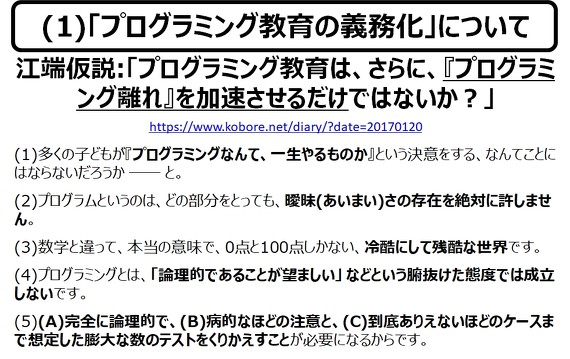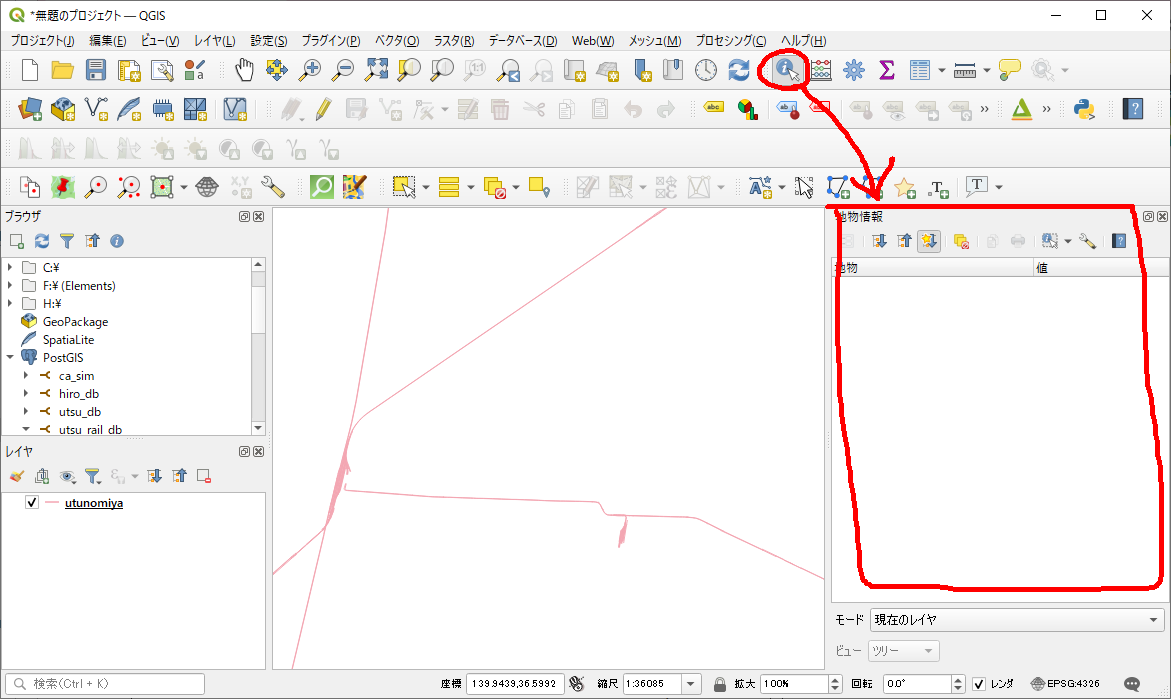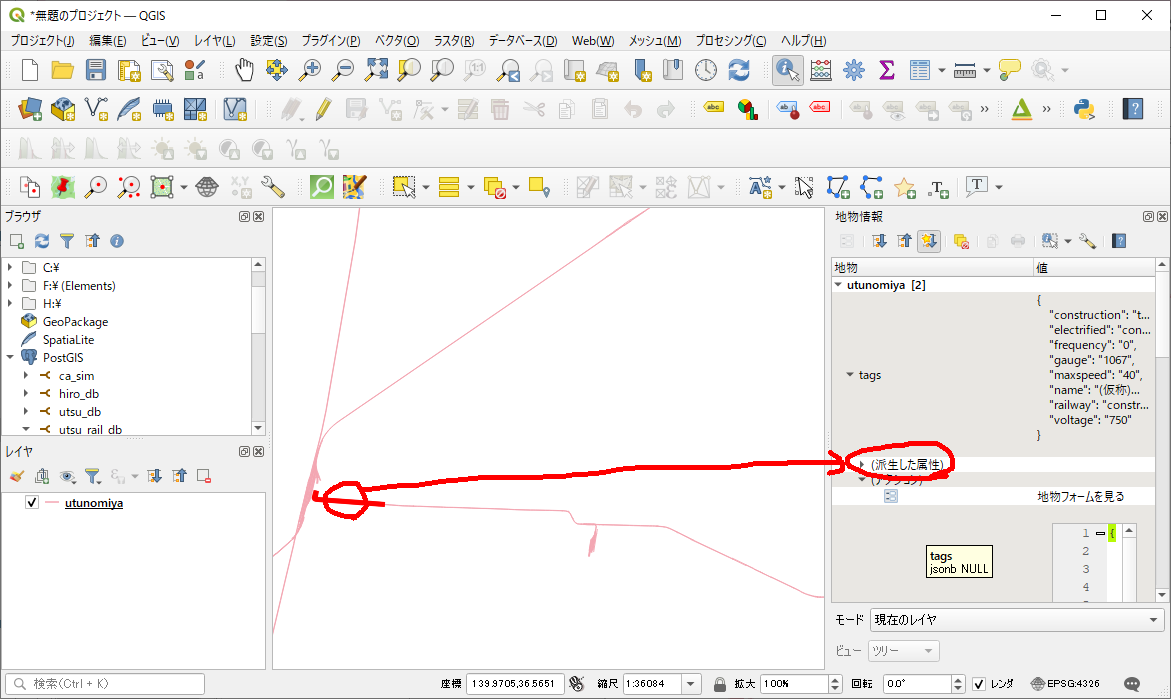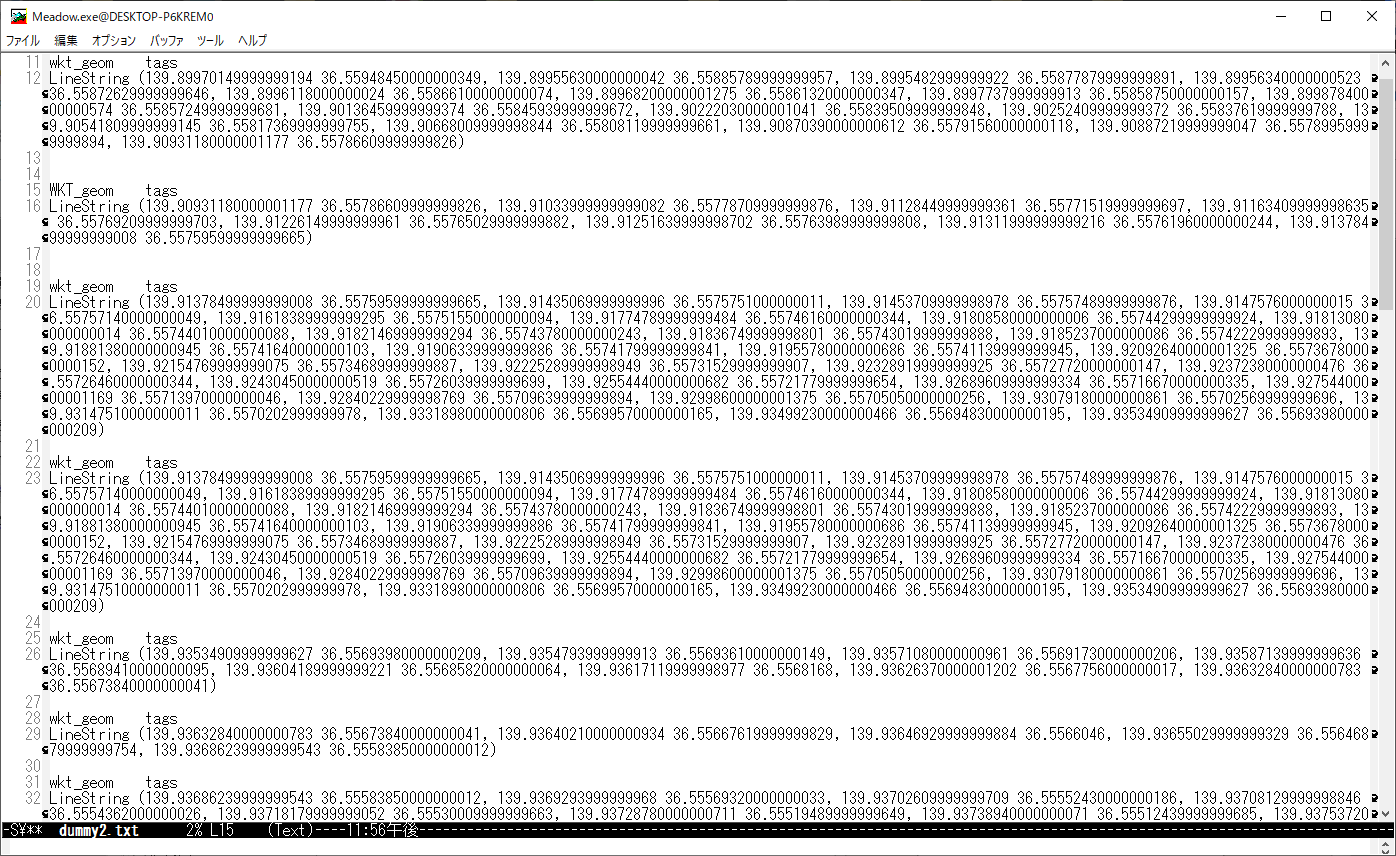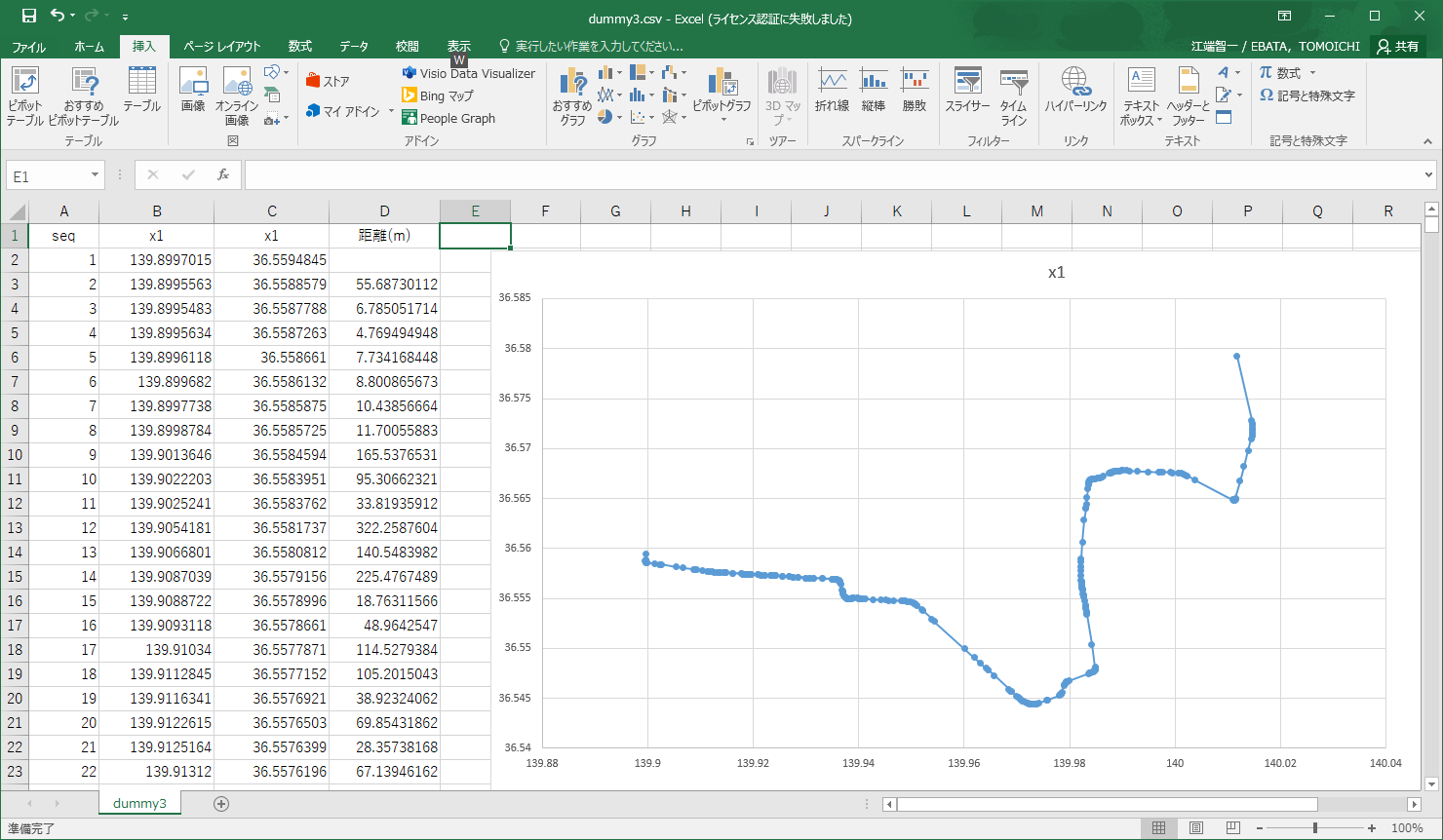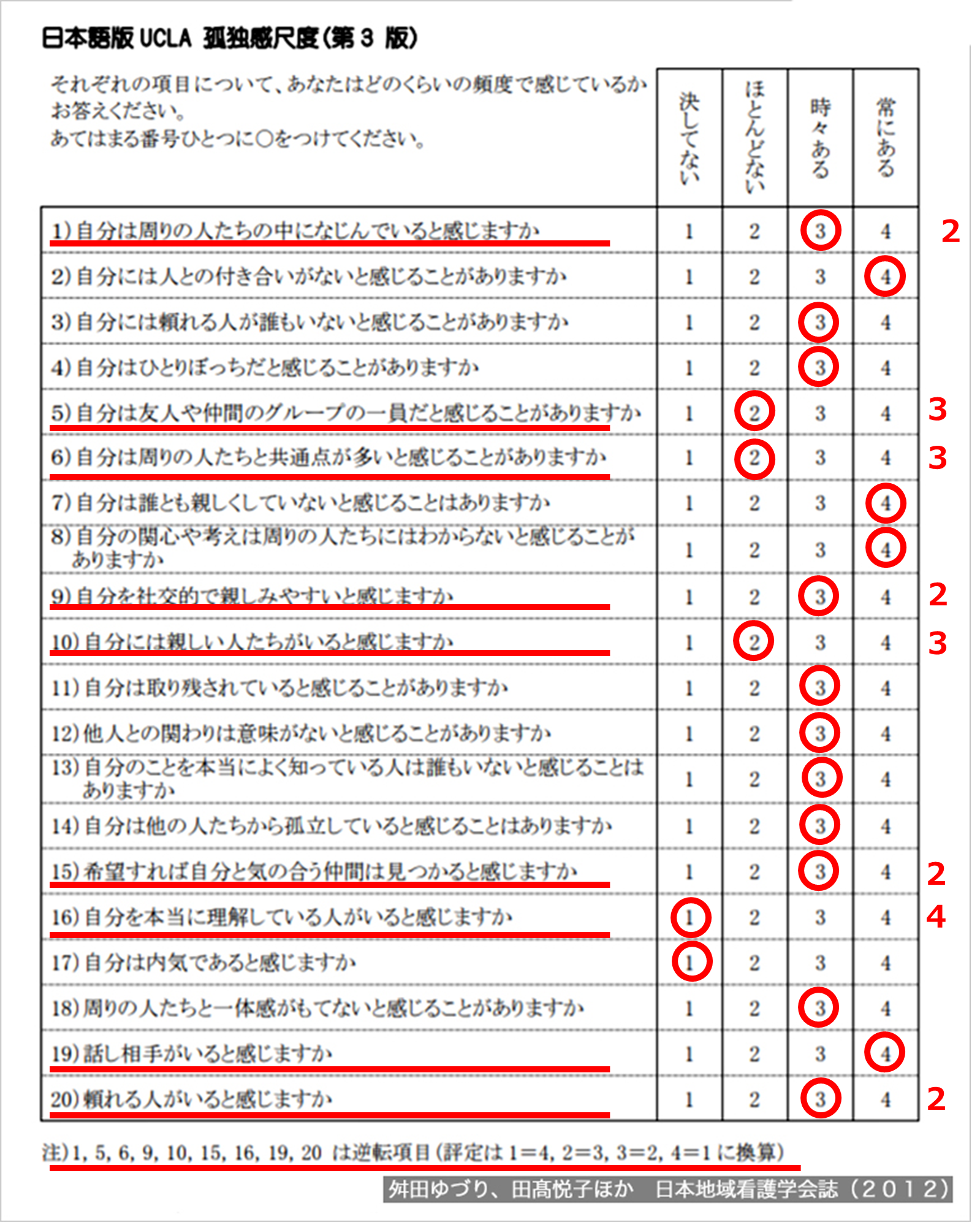例年、4月の上旬は、入社したての新人が、窓口業務でOJT(On the Job Training)に出てきます。
Usually, in early April, new employees who have just joined the company appear for on-the-job training (OJT) in window operations.
当然、新人ですので、その業務がもたつきますし、4月は各種手続で、多くの人が窓口に集まってきて 混雑します。
Naturally, since they are newcomers, their work will be slow, and in April, many people will gather at the counter for various procedures, making it crowded.
しかし、これは、「社会システムの立ち上げ期間」として、我が国の国民が、暖かい目で見守る必要のある期間である、とも言えましょう。
However, it can also be said that this is a "start-up period for the social system," a period that the people of Japan need to watch with warm eyes.
-----
本日、朝一番に、速達書留を出しに郵便局にでかけたのですが、窓口の方が、いわゆるシニアのおじさんでした。
Today, first thing in the morning, I went to the post office to send out an express registered mail. The person at the counter was a so-called senior uncle.
多分、そのおじさんは、新人で、若手の局員が横について、業務手続をサポートしていました。
The uncle was probably a newcomer, with a younger bureau staff member by his side to assist him with business procedures.
おじさんは、かなり戸惑っていたようですが、無理もありません。
He seemed to be confused, however, it could not be help.
書留郵便は、スキャナで封筒を読みとる方式に変わっていましたし(私が楽になりました)、カードで支払いできましたし、郵送物追跡用の番号が記載された紙片が発行されました。
About the express registered mail, the method to read a destination address changed to scan the envelopment( I don't have to write the address), I could use the credit cared, and get a receipt including the tracking number.
利用者にとっては、とても便利になっていますが、運用者(窓口のおじさん)にとっては、様々なデバイスを使わなければならないので、大変そうでした。
For me, as a users, these are very useful, however, the operator ( the uncle at the counter ) seemed to be hard to use various devices.
-----
そのおじさんは、未来の私です。
The uncle is me of the future.
皆さん、シニア(高齢者)を大切にしましょう。
Let's all take care of our seniors (elderly).
彼らは(私)は、社会的弱者という位置付けを終え、今や、必須の労働力として期待される存在です。
They (I) have already finished the role of "weaker of society", and now they are expected as essential labors
さらには、年金受給年齢を引き上げることで、国庫に寄与する重要な存在です。
In addition, they will be contributors to save national budget by rising the age of qualifying conditions.
-----
「おじいさん、おばあさんを大切にしましょう」というスローガンは、今や、その後ろに「貴重な労働力として」というフレーズが付与する時代です。
Now, the slogan of "Take care of elder people" is not completed. The phrase of "as important labors" will be added after the slogan.
